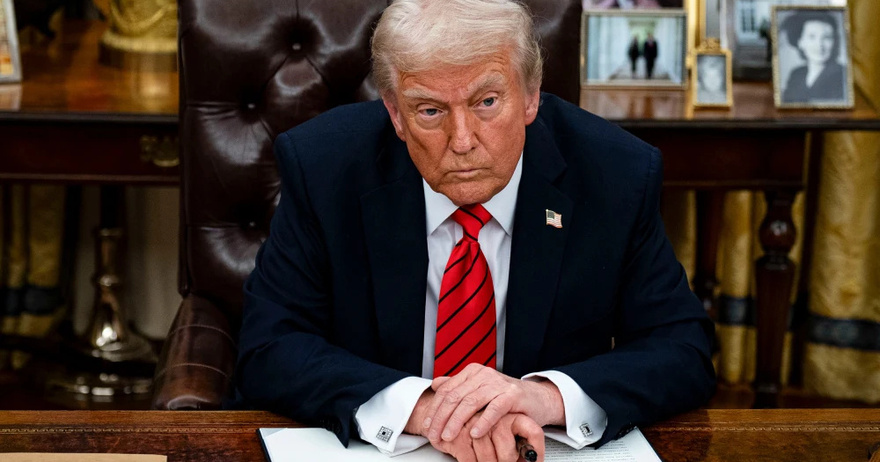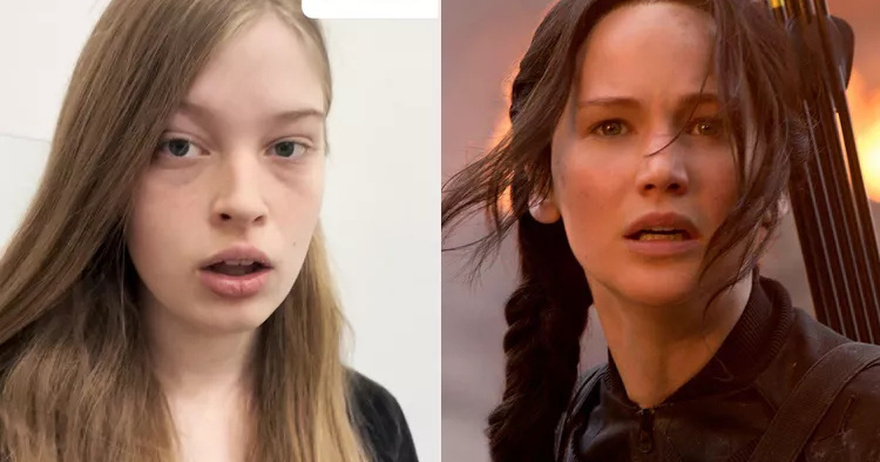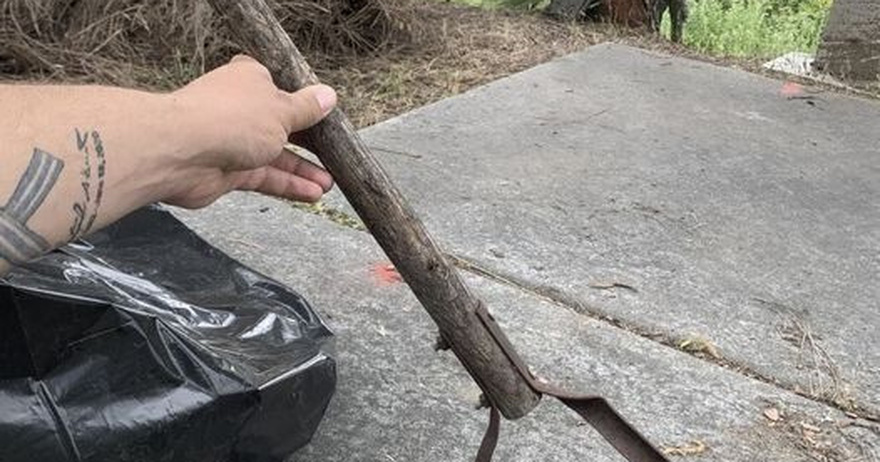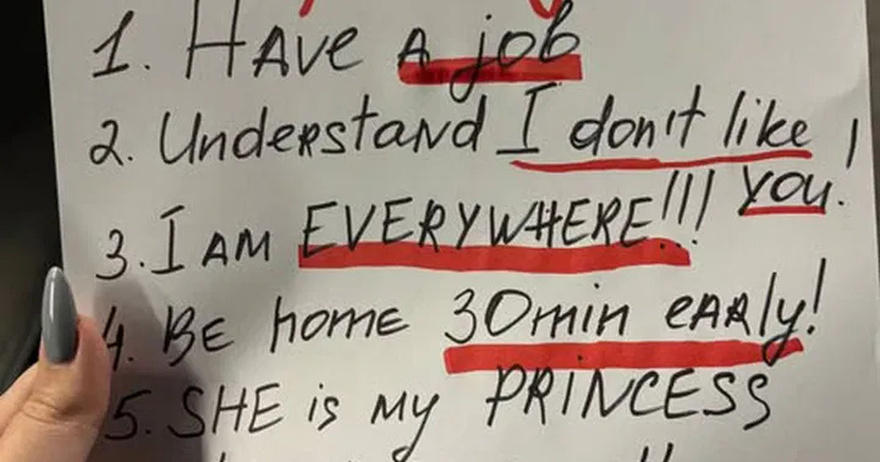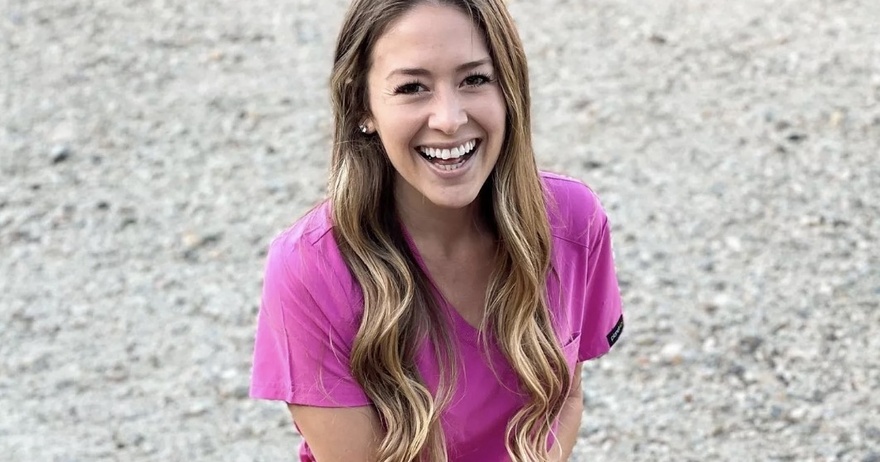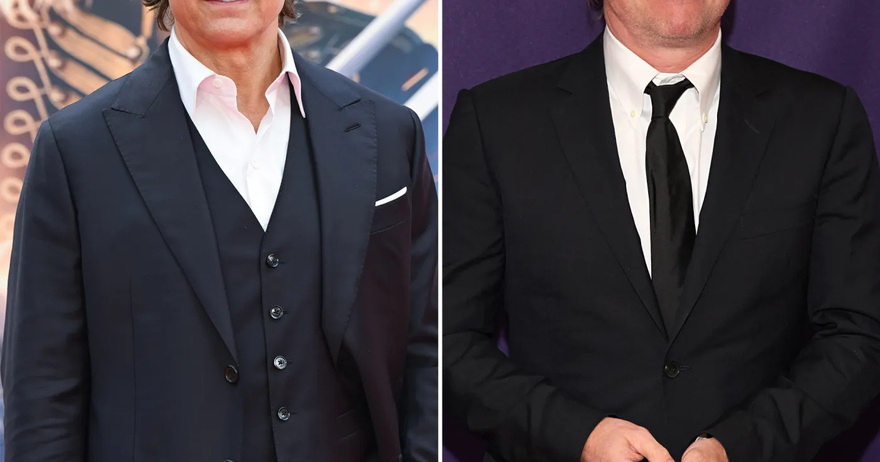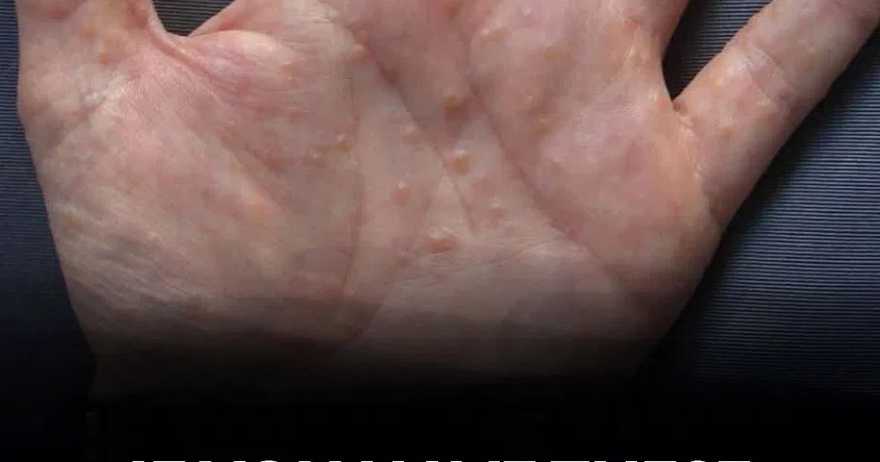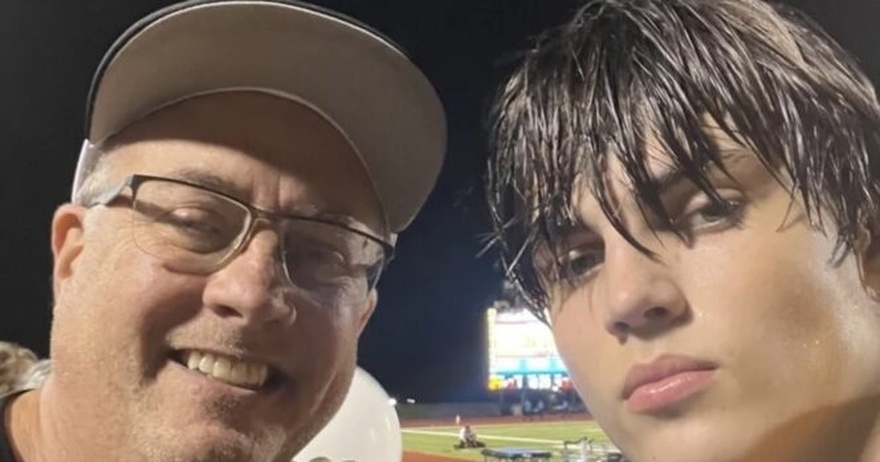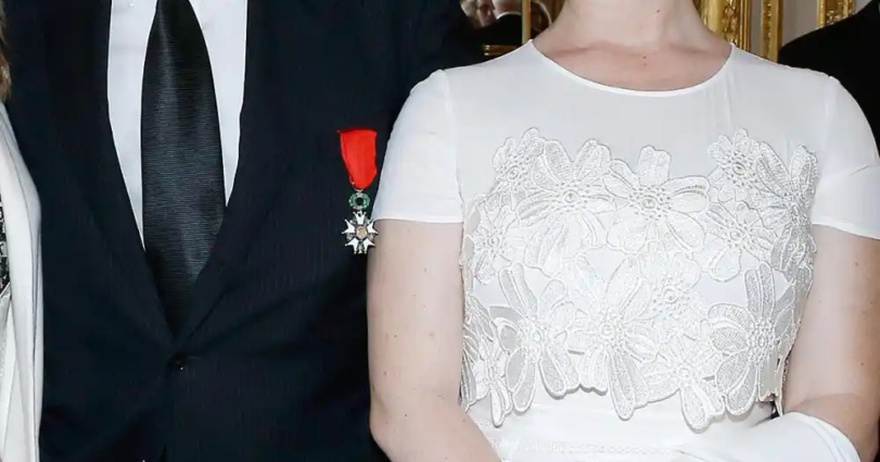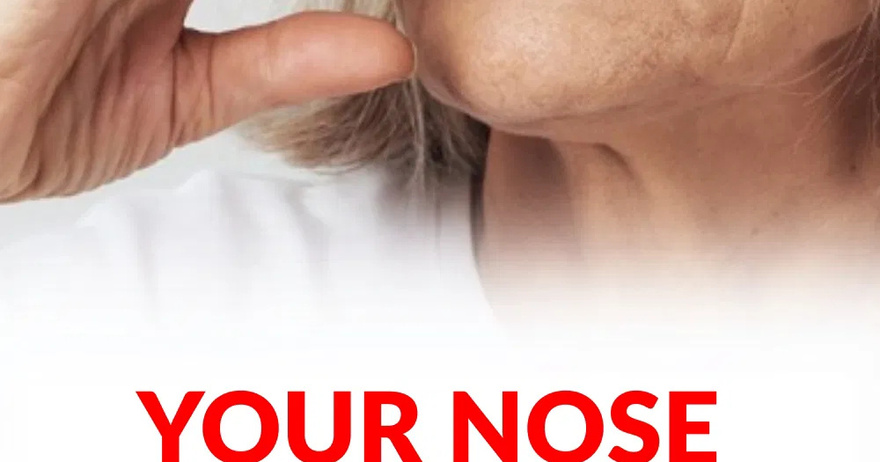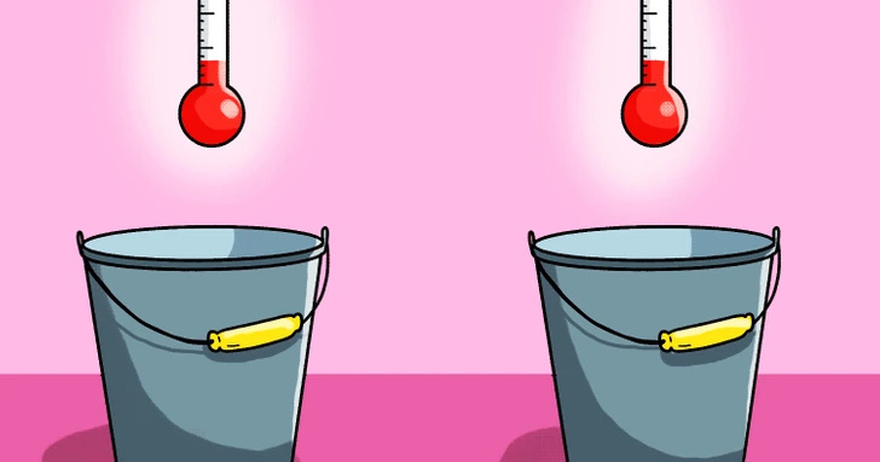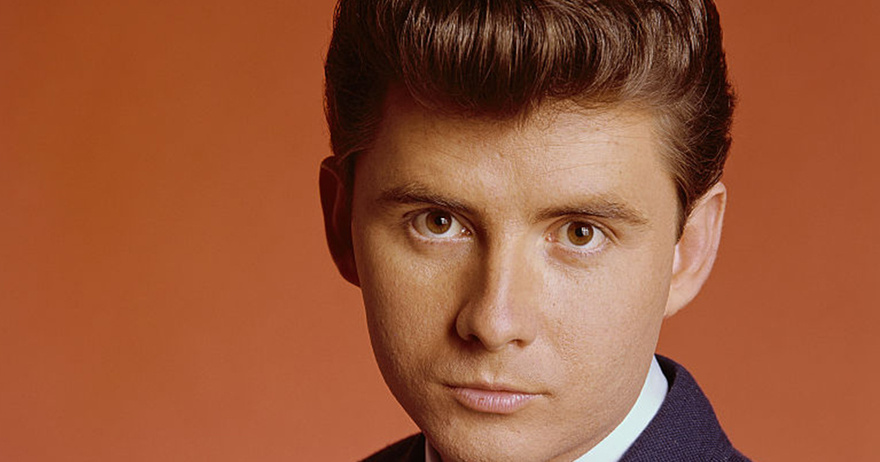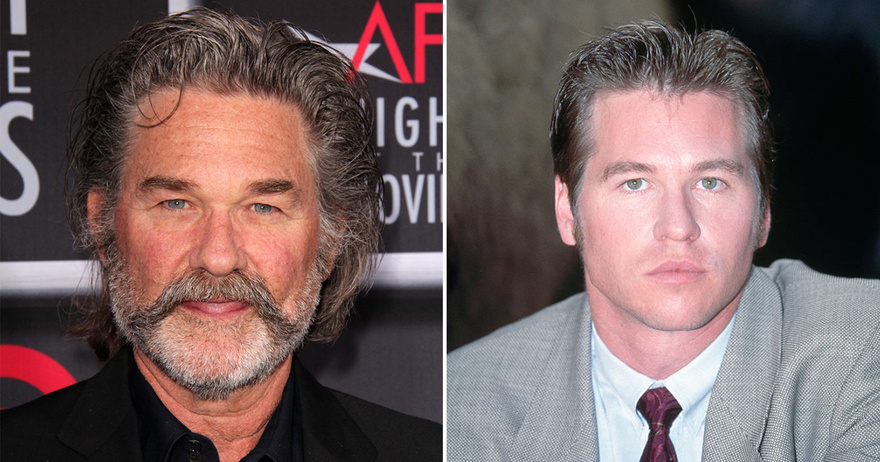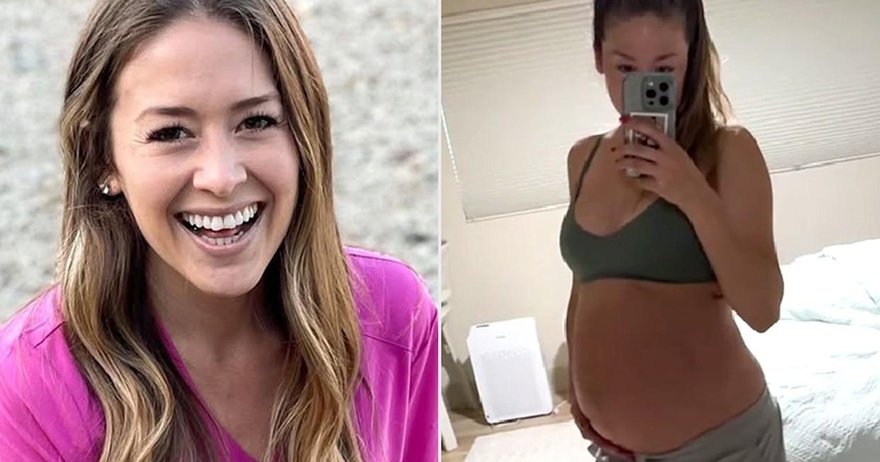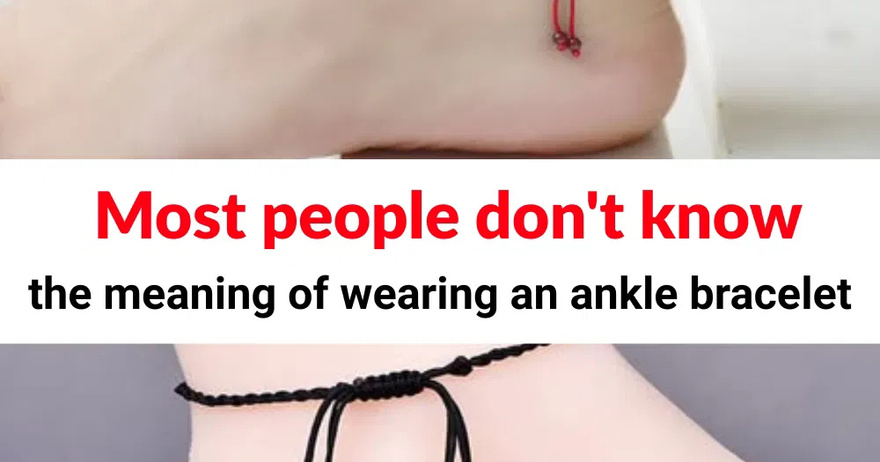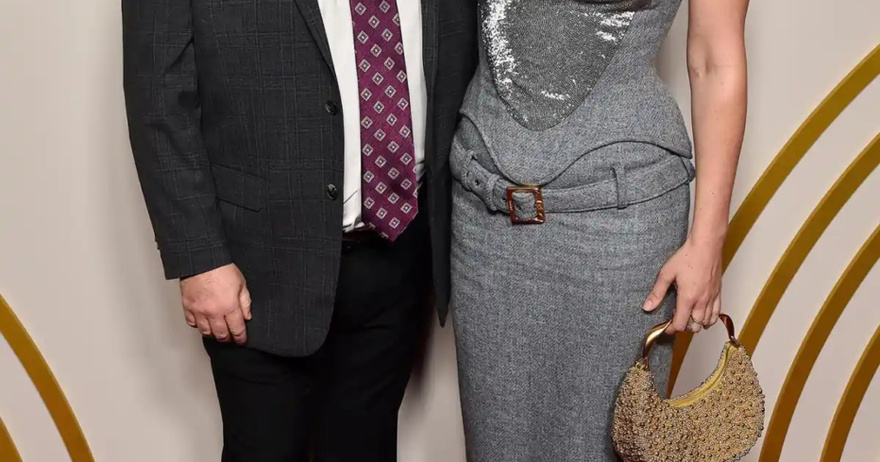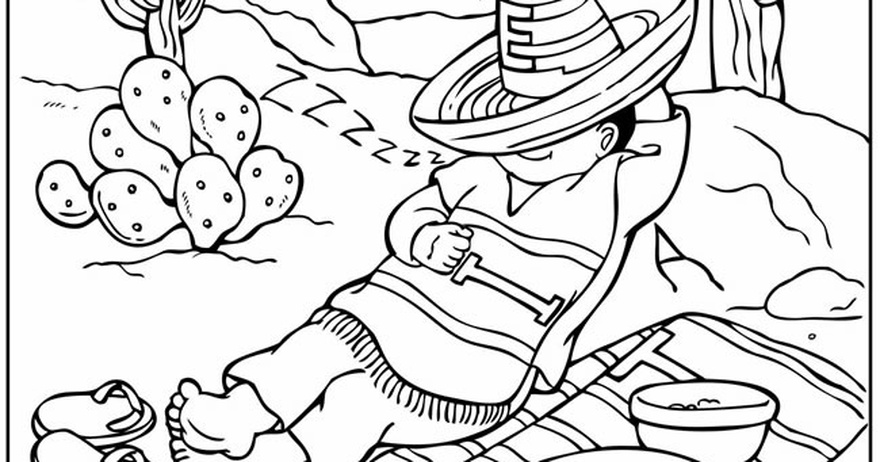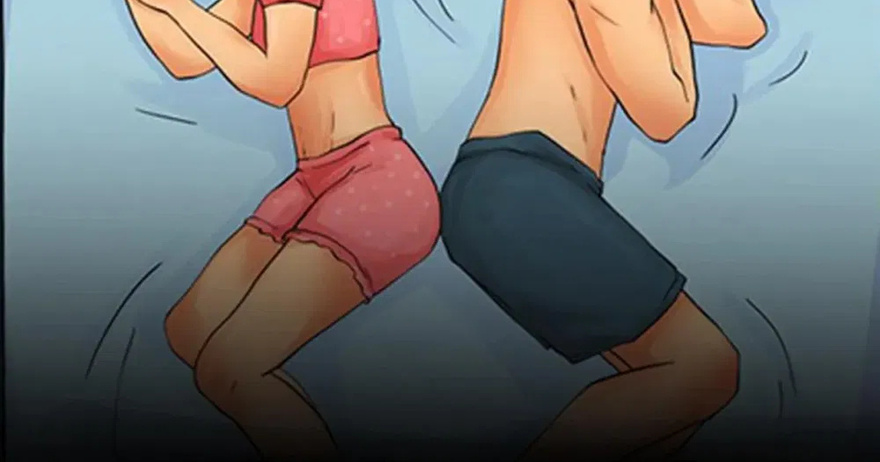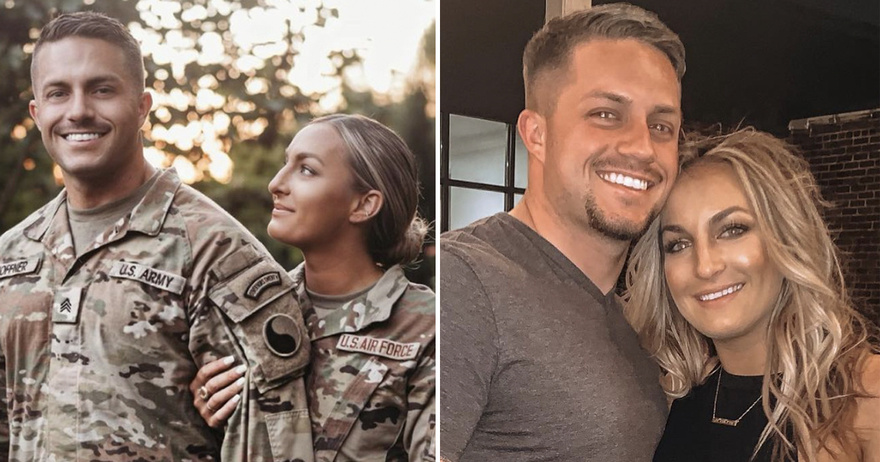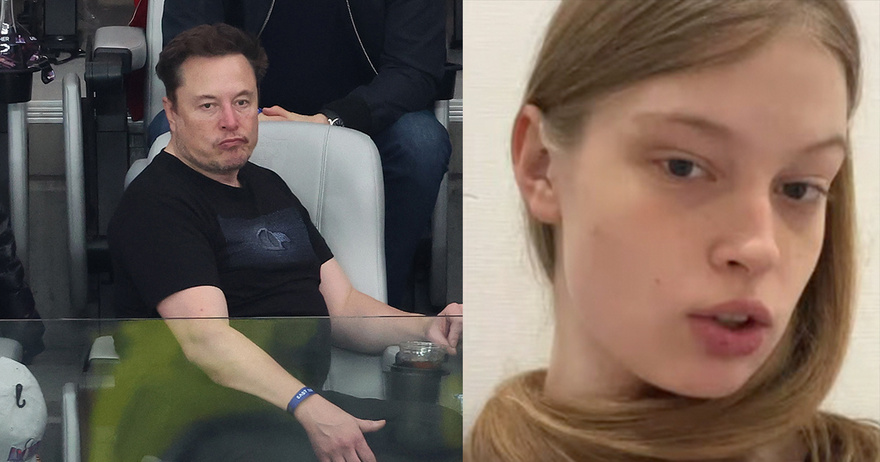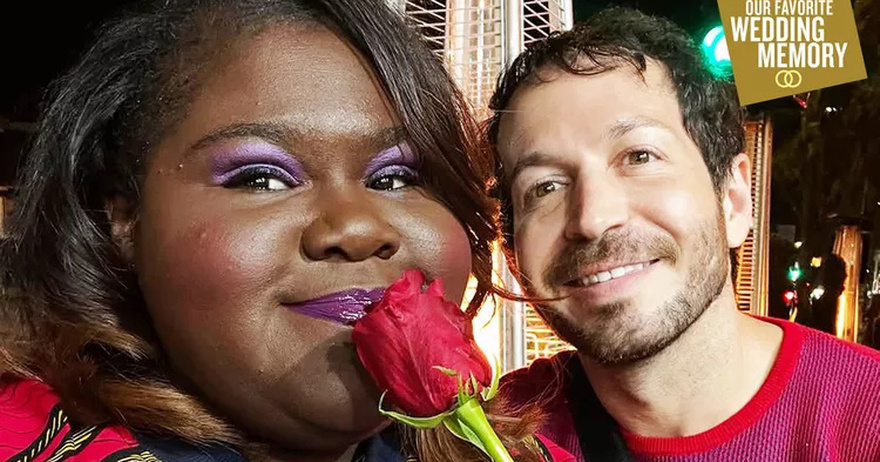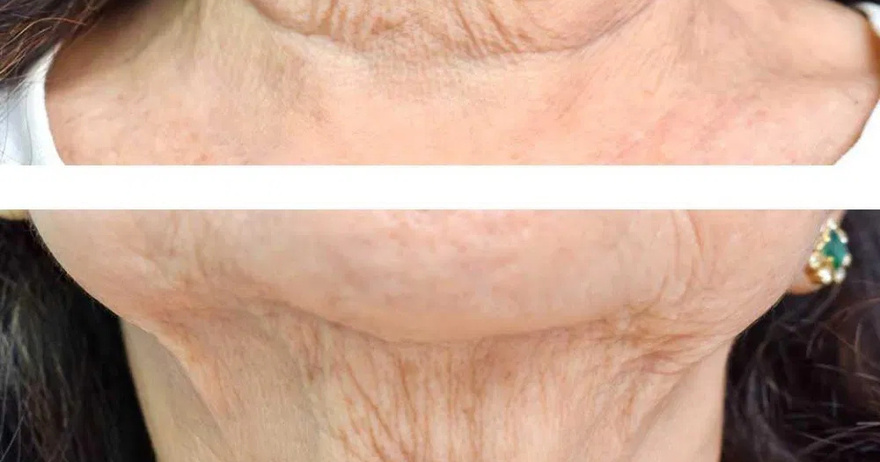Trump’s orders “expressly disadvantage people of color, women, LGBTQ people, and people with disabilities who face unfair disadvantages or inequalities,” the lawsuit says.
A trio of civil rights organizations filed a federal lawsuit Wednesday charging that three of President Donald Trump’s executive orders attacking diversity, equity, inclusion and accessibility in the federal government violate their free speech rights and hinder their ability to help marginalized communities.
Through Trump’s orders barring references to transgender people or support of DEIA programs within the federal government, public funding for several nongovernment organizations, including the three plaintiffs, are at risk of being cut.
As a result, the civil rights organizations — the National Urban League, the National Fair Housing Alliance, and AIDS Foundation Chicago — said in their lawsuit that they will be less able to help “people of color, women, LGBTQ people, and/or people with disabilities overcome systemic barriers to access housing, education, employment, and healthcare stemming from discrimination, biases, and inequalities.”
Lambda Legal and the Legal Defense Fund, which are representing the civil rights organizations, said in a separate statement that the “orders will severely limit the organizations’ ability to provide critical social and health services.”
Two of the orders specified in the lawsuit are the “Ending Radical and Wasteful DEI Programs and Preferencing” and the “Defending Women From Gender Ideology Extremism and Restoring Biological Truth to the Federal Government,” which Trump signed on Jan. 20, his first day back in office.
The third executive order cited in the lawsuit, “Ending Illegal Discrimination and Restoring Merit-Based Opportunity,” was issued Jan. 21.
The lawsuit names as defendants Trump and more than a dozen key members of his administration including Attorney General Pam Bondi, Office of Management and Budget Director Russell Vought, and Health and Human Services Secretary Robert F. Kennedy Jr.
“Protecting the civil rights and expanding opportunities for all Americans is a key priority of the Trump Administration, which is why he took decisive actions to terminate unlawful DEI preferences in the federal government,” Harrison Fields, a White House principal deputy press secretary, told NBC News in a statement Wednesday. “Every man and woman in this great country should have the opportunity to go as far as their hard work, individual initiative, and competence can take them. In America, grit, excellence, and perseverance are our strengths.”
Previously, Trump’s executive orders have labeled DEIA programs to help marginalized groups as “discriminatory” and his supporters have tried to spin what critics have called attacks on the transgender community as attempts to protect cisgender women.
“While the President may have his viewpoint, as flawed and discriminatory as it may be, the First Amendment bars him from unduly imposing his viewpoint on federal contractors and grantees,” the lawsuit states.
Also, Trump’s executive orders “could prohibit Plaintiffs from engaging in any targeted effort to help a specific group of people facing unfair disadvantages.”
Marc Morial, president of the National Urban League, said in the press release announcing the lawsuit that targeting DEIA was “discriminatory at best and an attempt at institutionalized economic oppression at its worst.”
Janai Nelson, who heads the Legal Defense Fund, agreed.
“The three orders we are challenging today perpetuate false and longstanding stereotypes that Black people and other underrepresented groups lack skills, talent, and merit — willfully ignoring the discriminatory barriers that prevent a true meritocracy from flourishing,” Nelson said.
The lawsuit also noted that the language in Trump’s executive orders “are “extraordinarily vague.”
In the press release announcing the lawsuit, Lambda Legal and the Legal Defense Fund included testimonials from a Black man with HIV named Will, who was identified as an AIDS Foundation Chicago (AFC) program “participant and caseworker for another organization.”
“Now, as I work in the HIV field,” he said, “I am deeply concerned about the threat these orders represent to AFC’s ability to serve our communities if they can’t even name the issues our people are facing.”
